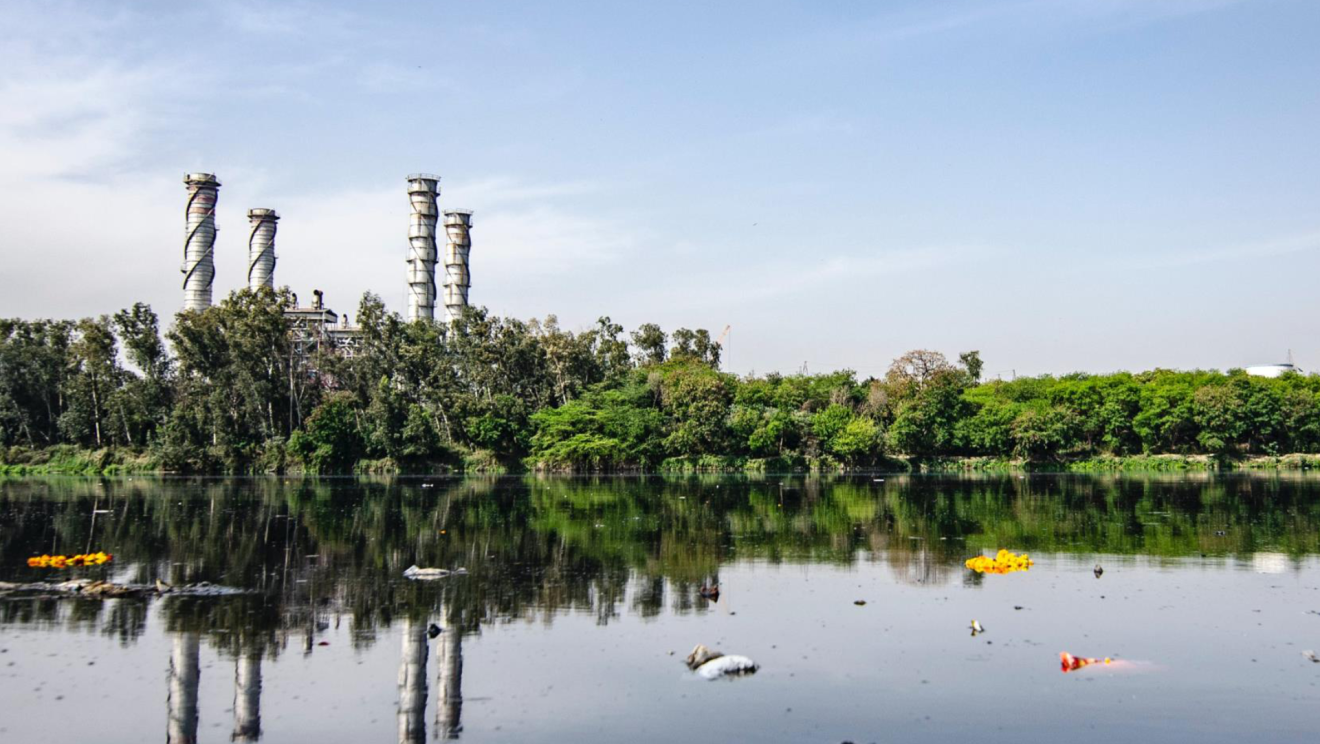UNIDO SDG 9 Learning Academy
Welcome to the UNIDO SDG 9 Learning Academy! Your gateway to SDG 9 learning products and services.
Vision
Based on UNIDO’s commitment to lifelong learning, the UNIDO SDG 9 Learning Academy provides access to a wide range of learning products and services designed to enhance knowledge and skills related to SDG 9 “Build resilient infrastructure, promote inclusive and sustainable industrialization and foster innovation”.
SDG 9 is closely interlinked with other SDGs related to food security; job creation; sustainable livelihoods; technology and skills development; gender equality; green technologies and climate change. Embark on your learning journey with the UNIDO SDG 9 Learning Academy and contribute to achieving SDG 9 by 2030. Together, we can promote inclusive and sustainable industrialization and foster innovation for a better future.
Latest Resources

Guidelines for the establishment of a Smart Factory Lab
#Digital transformation #Fourth Industrial Revolution

EQuIP TOOL 1 - Structural Change and Productivity
#Industrial competitiveness

EQuIP Tool 4 - Global value chains
#Industrial competitiveness #Investment promotion

EQuIP Tool 7 - Industry and environment
#Circular economy #Climate technology

EQuIP Tool 5 - Income and employment
#Employment #Industrial competitiveness

EQuIP Tool 8 - Digitalization
#Digital transformation #Fourth Industrial Revolution
Discover the SDG 9 Learning Academy
Broad repository of knowledge
Search a wide collection of SDG 9-related e-learning courses and materials to enhance your knowledge in sustainable development and industrialization.
Open access
Enjoy free access anytime to most of our learning resources, some of which are available in multiple languages.
Expert-led content
Gain insights and knowledge from experts and professionals with extensive experience in SDG 9-related topics, industrial development and industrial policy.
The Academy in numbers
150+ Over 150 learning resources
10+ Over 10 languages
25 Over 25 topics related to SDG 9
5K+ Over 5000 learners
Adopted in 2015, the SDGs seek to build on the Millennium Development Goals and complete what these did not achieve. They are universal, integrated and indivisible, and seek to balance the three dimensions of sustainable development: the economic, social and environmental dimensions. The breadth and scope of the SDGs reflect the complexity and scale of challenges to be addressed in the modern era.
Events
No content available.
"UNIDO's vision is to provide skills, training and decent jobs to millions of young people and ensure fair and sustainable supply chains worldwide to end exploitation and unsafe working conditions. Industry is a key driver for economic growth and job creation."

Dr. Gerd Müller
Director General of UNIDO